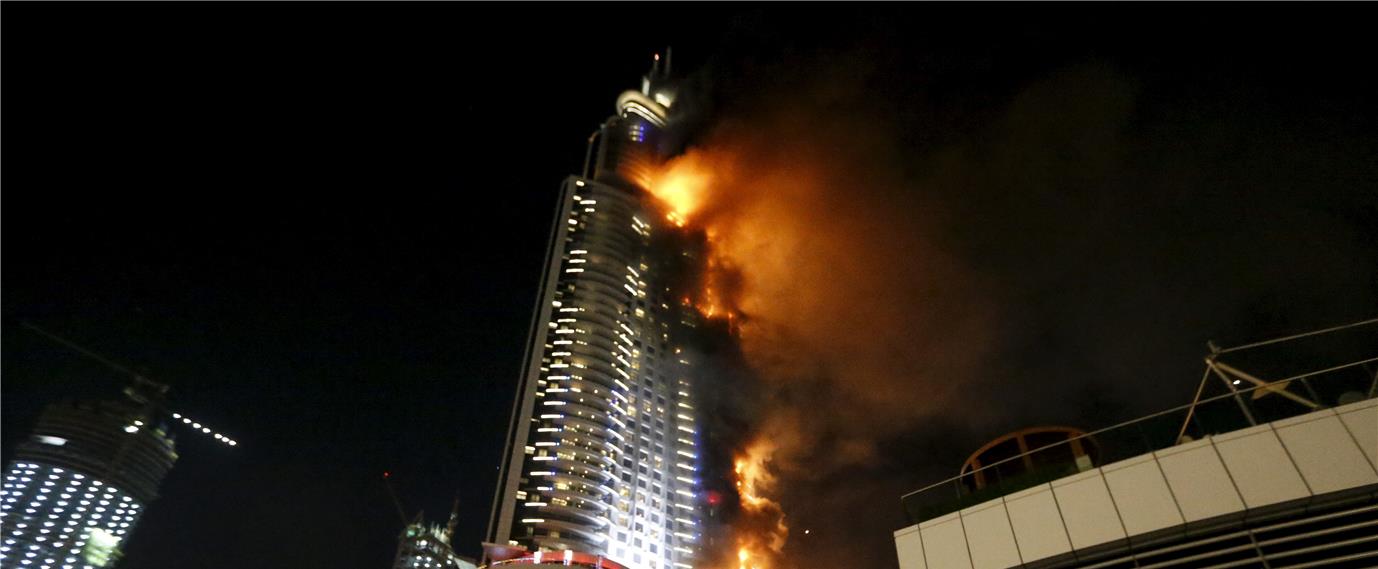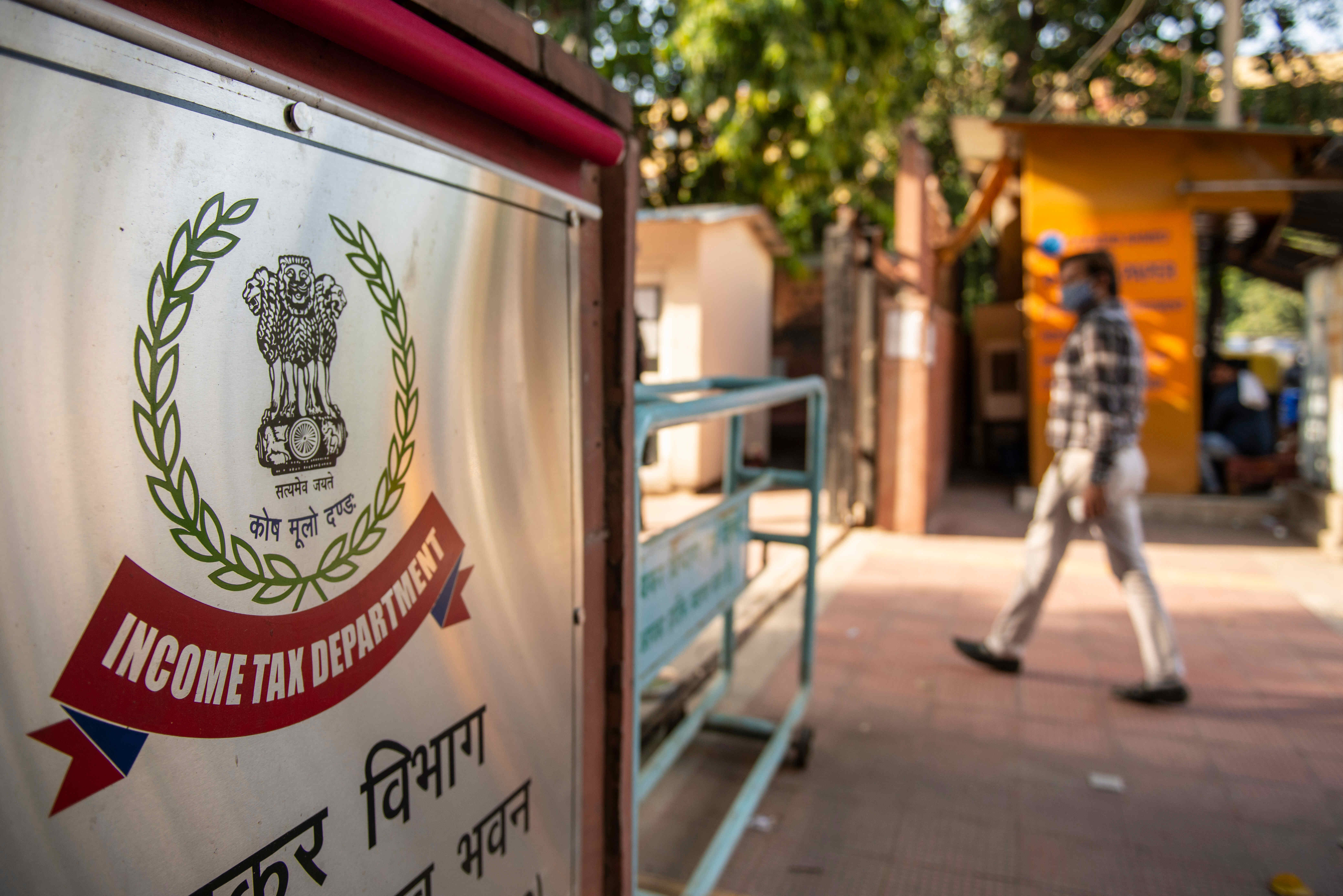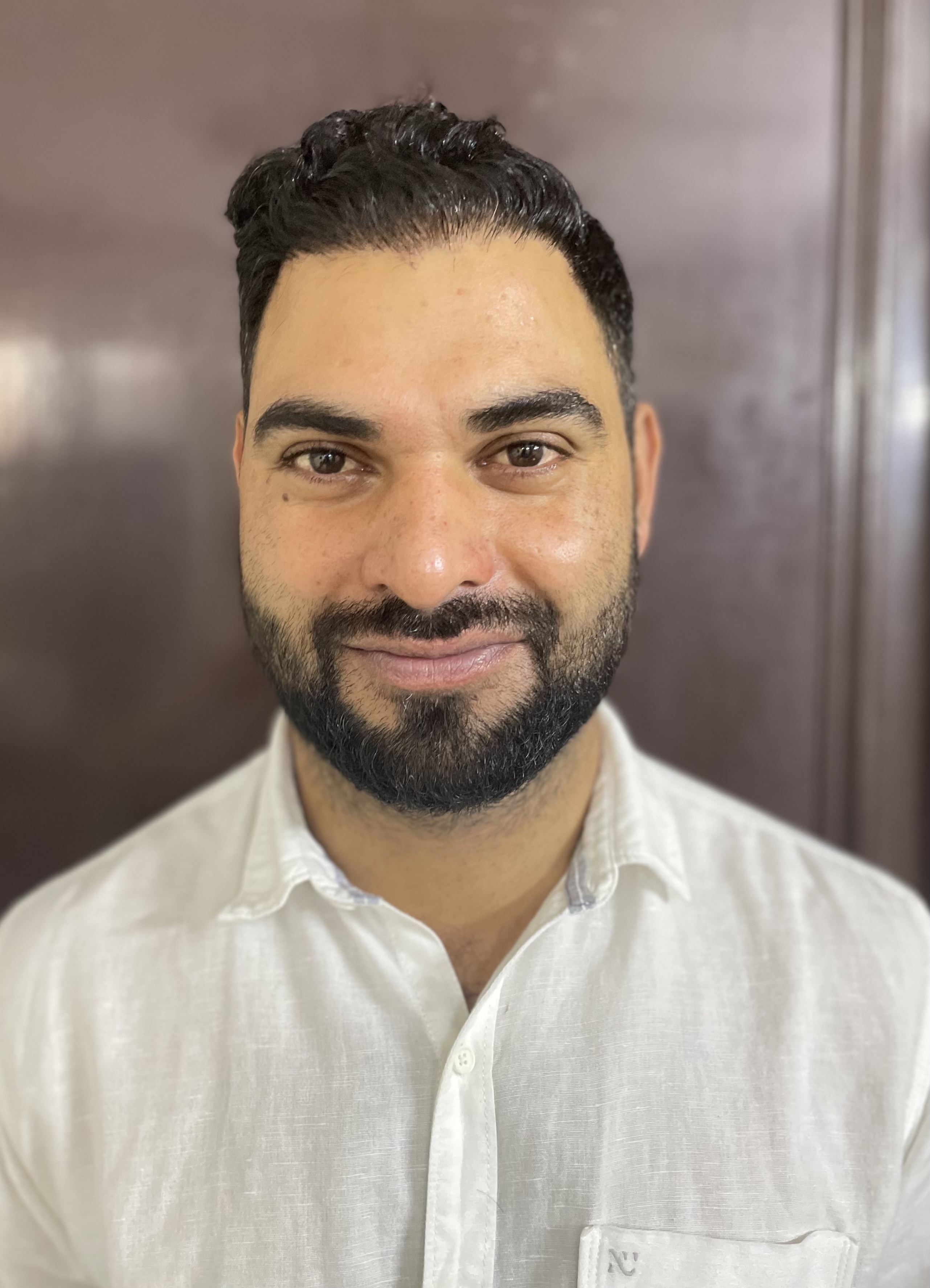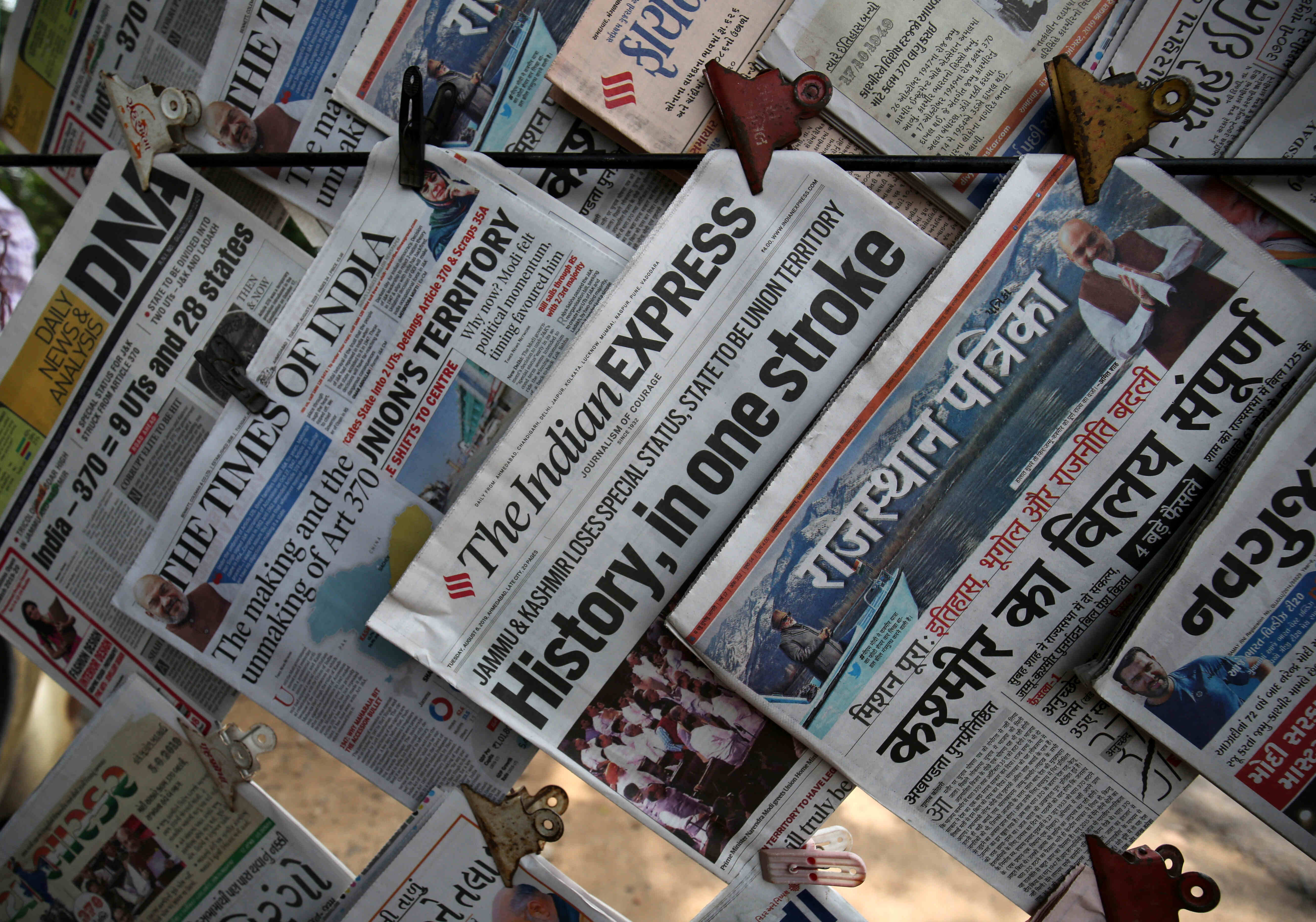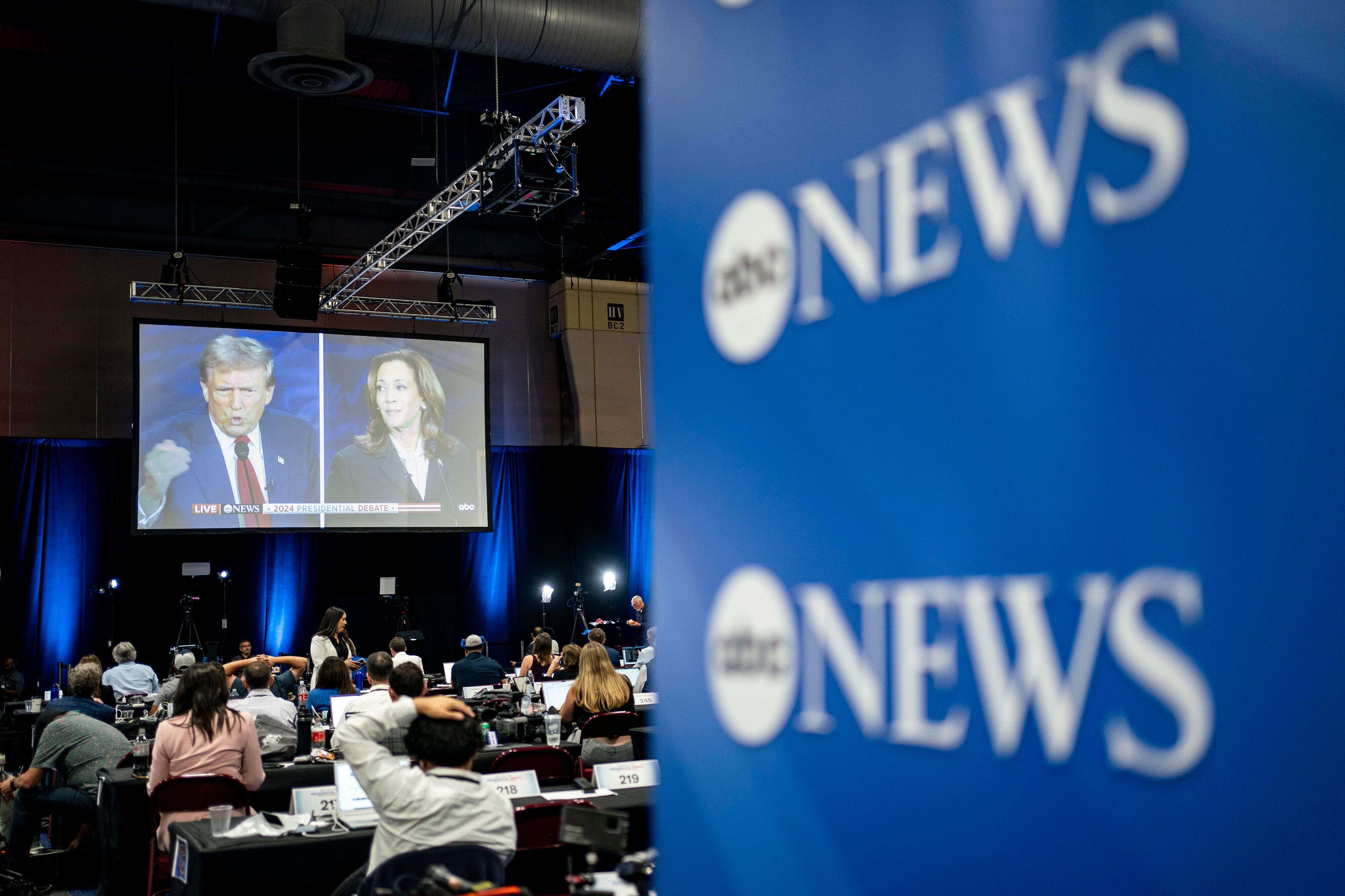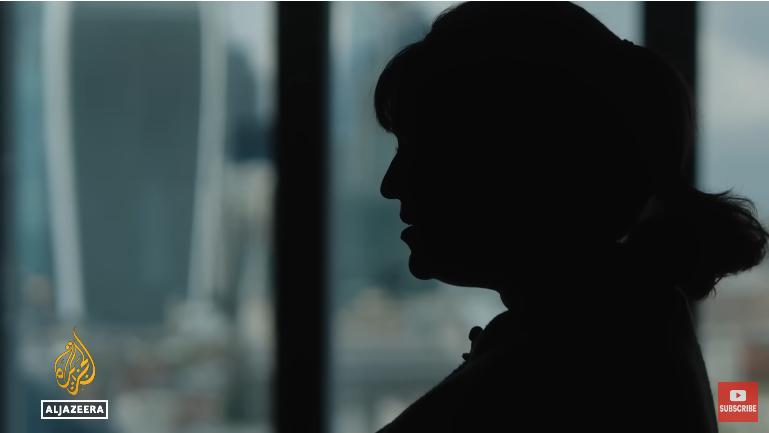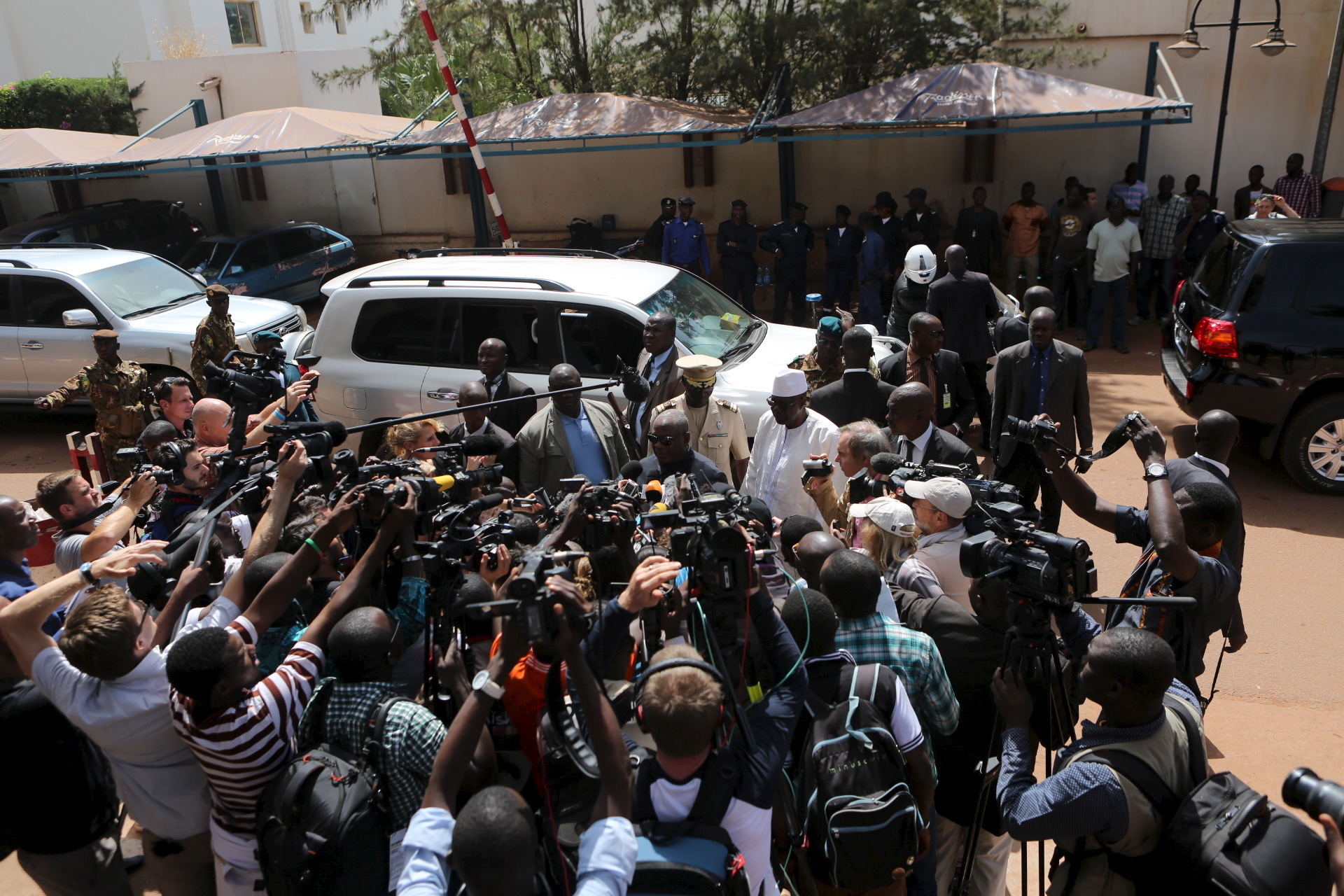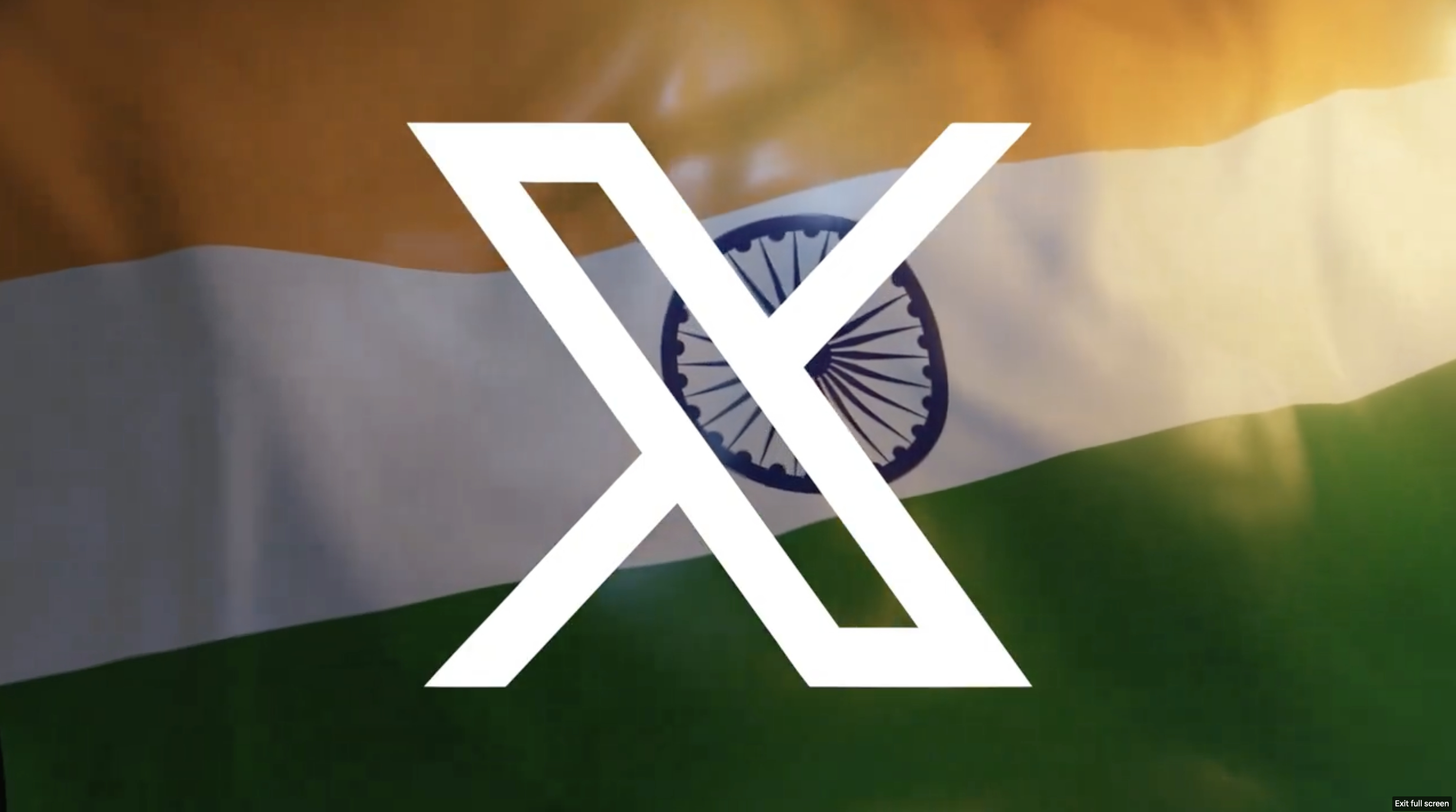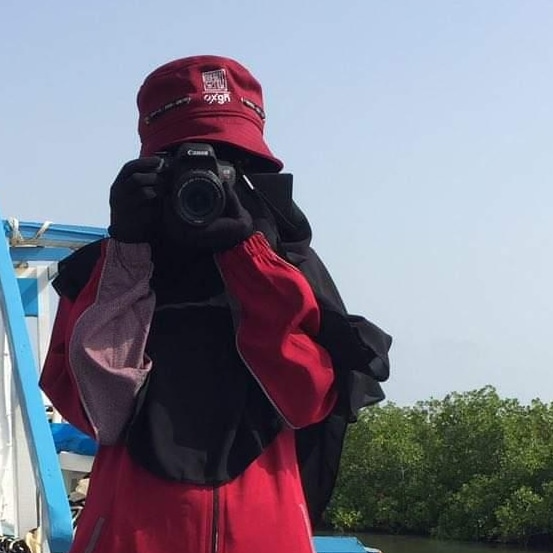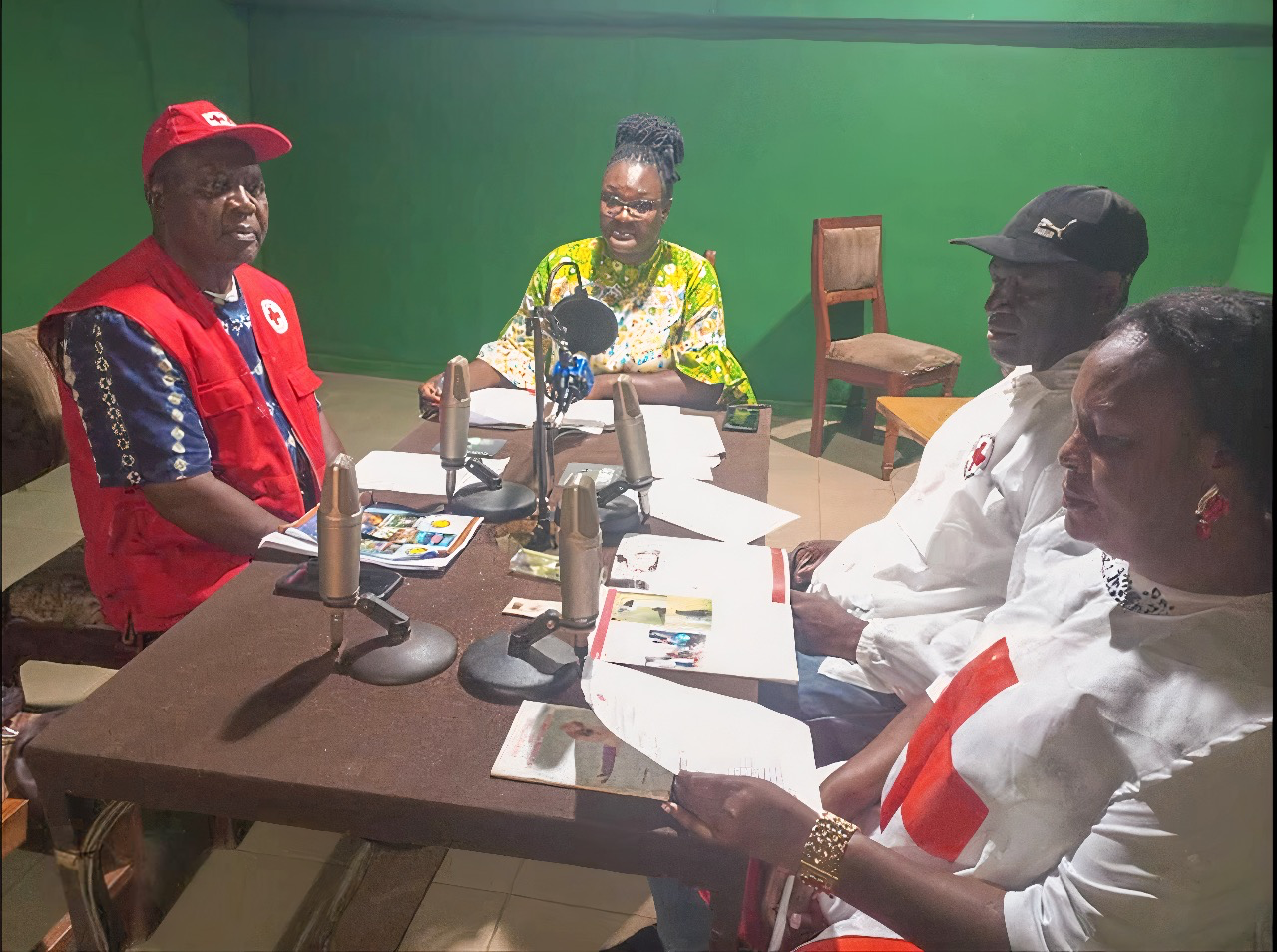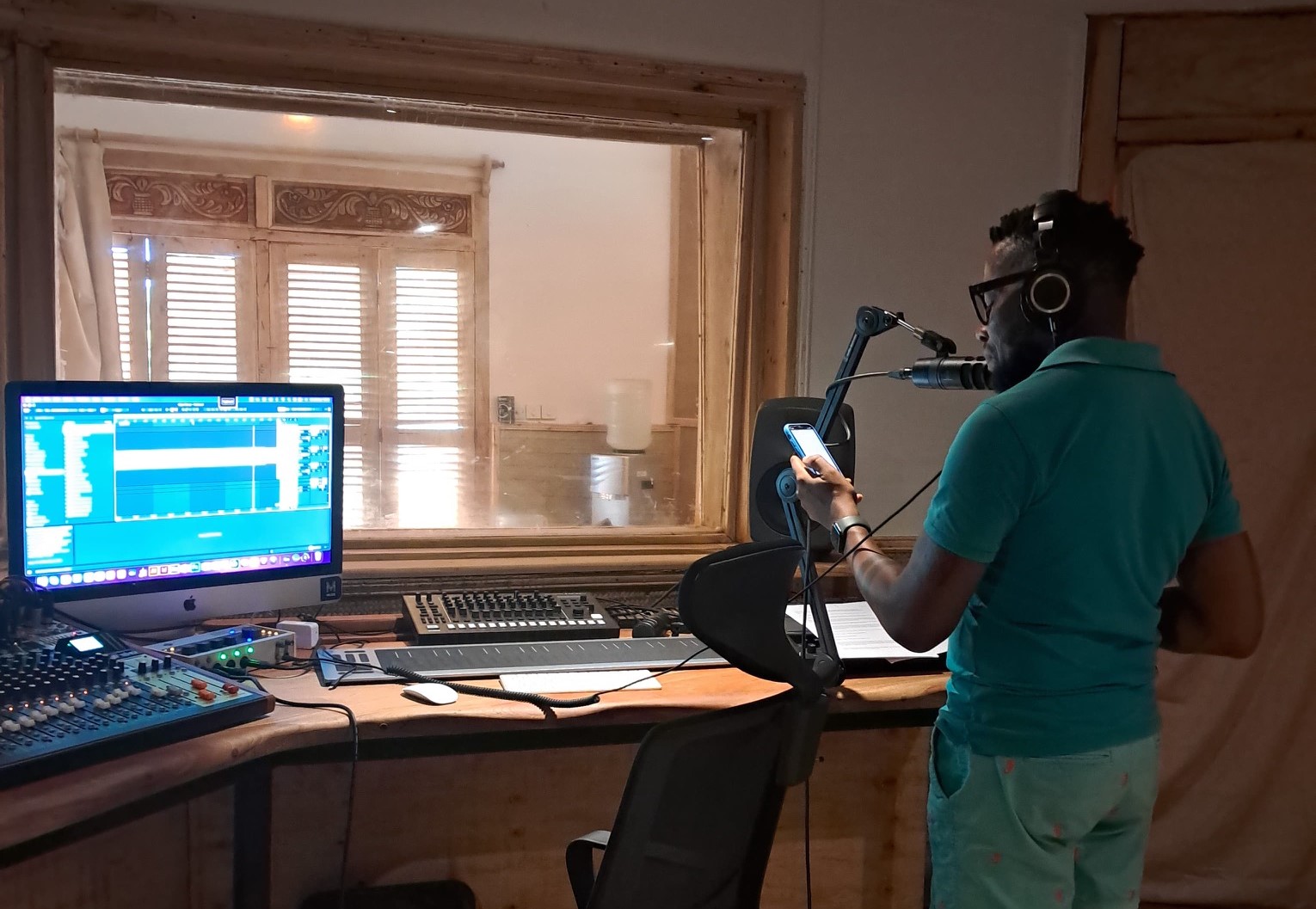تزدحم الشوارع العربية بالأحداث الساخنة التي راجت فيها بدائل الإعلام التقليدي بسبب رفض الإعلام التقليدي نشر رواية مخالفة للرواية الرسمية، الأمر الذي جعل التغطيات الصحفية في العالم العربي محل دراسات واسعة من وسائل إعلام غربية.
وفي سعيه لإثراء المحتوى العربي، وإنتاج دراسات خاصة نابعة من البيئة المحلية، وعدم اكتفائه بالدراسات والتقارير المترجمة، فقد أصدر معهد الجزيرة للإعلام كتابا جديدا ضمن سلسلة من الكتب التي تعالج قضايا صحفية آنية.
عنوان الكتاب هو "البحث عن الحقيقة في كومة الأخبار الكاذبة"، ويهدف لإرشاد الصحفيين إلى كيفية استخدام المحتوى الذي ينتجه المستخدمون على وسائل التواصل الاجتماعي والتحقق منه للاستفادة منه في التحقيقات والتقارير الصحفية، سواء تلك التي توفرت بها مواد من طرف "صحفيي الصدفة" كتصوير مقتل حارسيْ صحيفة شارلي إيبدو الفرنسية، أو تلك التي تسدّ ثغرة امتناع وسائل الإعلام الرسمية عن إظهار رواية مغايرة للأحداث.
شارك في إعداد الكتاب نخبة من الصحفيين العرب والأجانب المتخصصين بالإعلام الرقمي، استنادا إلى تجاربهم وخبراتهم في هذا المجال، ومنها تجربة الجزيرة التي شهدت غرفة الأخبار فيها تحولات كبرى، بدءا من إجراءات التحقق التي كانت تتخذها عند وصول فيديوهات مصورة من طرف تنظيم القاعدة، أي قبل ثورة الإعلام الرقمي، ثم التحديثات التي واكبت بها توفر المحتوى على شبكات التواصل الاجتماعي بتدريبها فريق وحدة الإعلام الاجتماعي.
كما أفرد الكتاب فصلا كاملا للمهارات التي يجدر بالصحفي اكتسابها للبحث عن الأخبار من وسائل التواصل الاجتماعي وآلية التحقق منها في غرف الأخبار، دون أن يكون رهينة لما ترسله وكالات الأنباء فقط. بل يجدر بالصحفي متابعة تويتر كما لو أنه يتابع قناة إخبارية، بحسب مجد خليفة، الصحفي السوري في تلفزيون بلجيكا.
وفي حديثها عن دور منصات التواصل الاجتماعي في سرد القصص وتحفيز تفاعل الجمهور، تذكر إيثار الكتاتني مثالا قريبا عن الخطأ الذي ارتكبته وكالات الأنباء حينما نشرت صورة "انتحارية" باريس ونقلت عنها "إي جي بلاس" الخبر، قبل أن تتعاون مع قناة الجزيرة وتصوبه.
ولم يهمل الكتاب الحديث عن الجانب الأخلاقي الذي على الصحفي الالتزام به عند لجوئه لاستخدام مواد منشورة في تلك المنصات.
لتحميل النسخة العربية من الكتاب، الرجاء الضغط على الرابط
النسخة الإنجليزية من هنا
